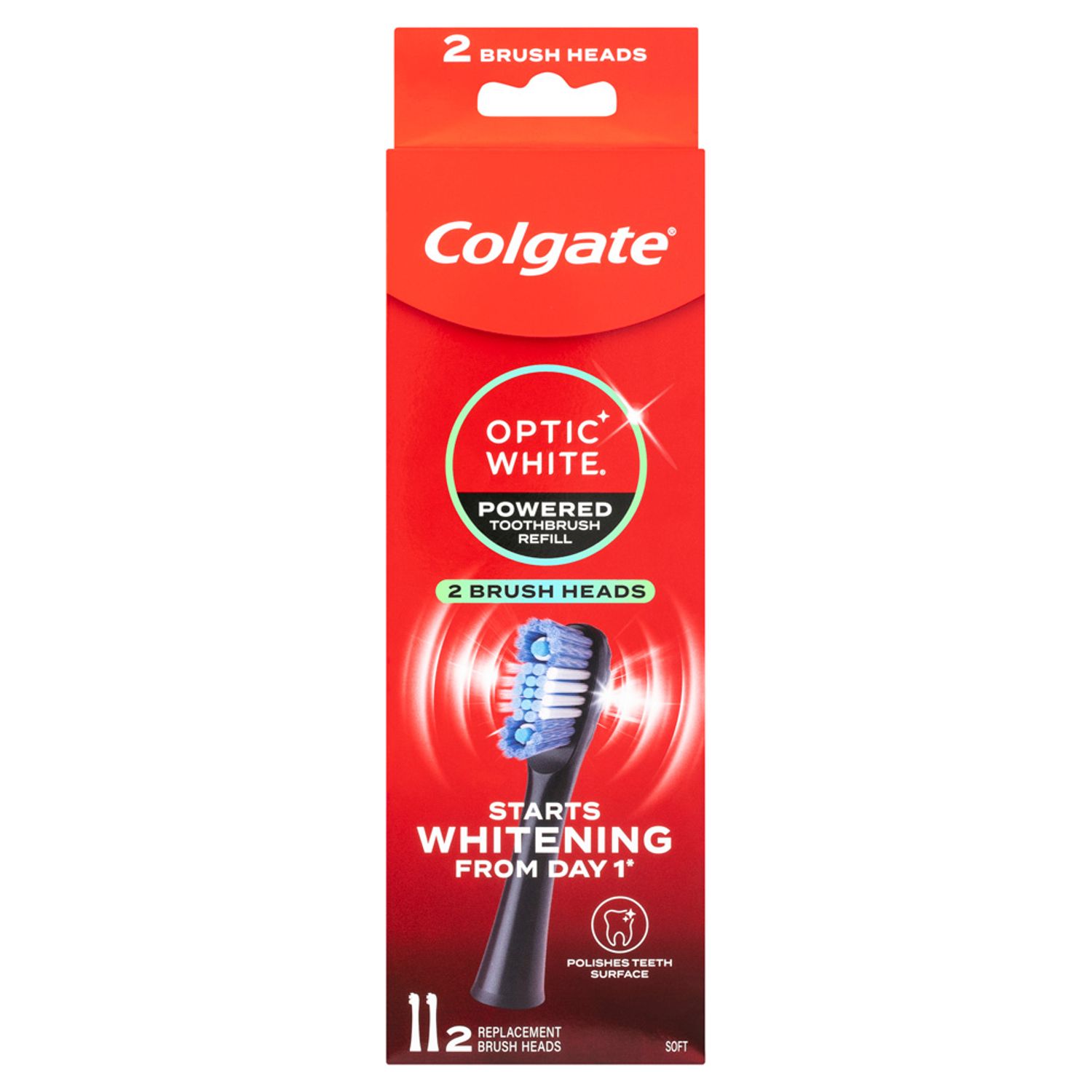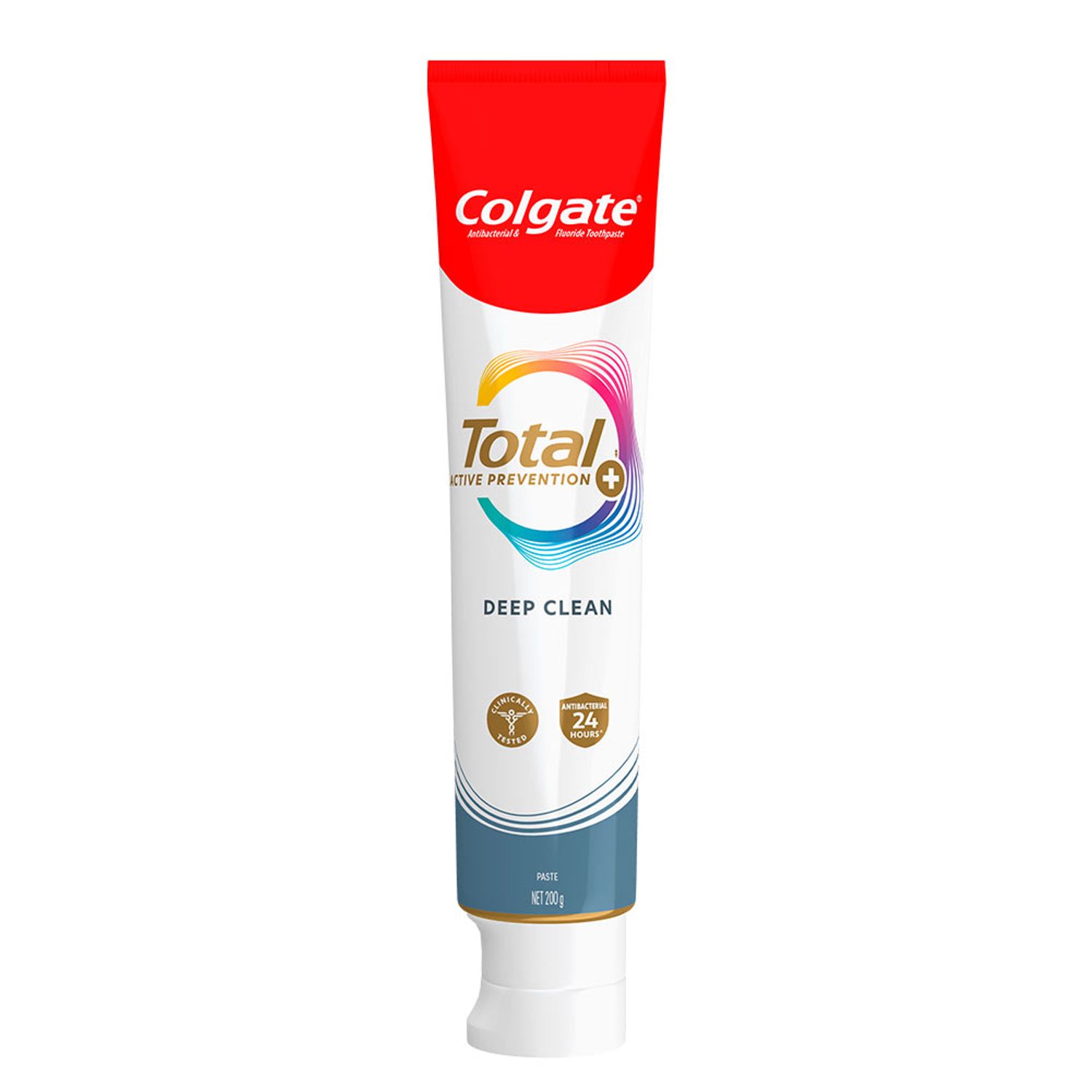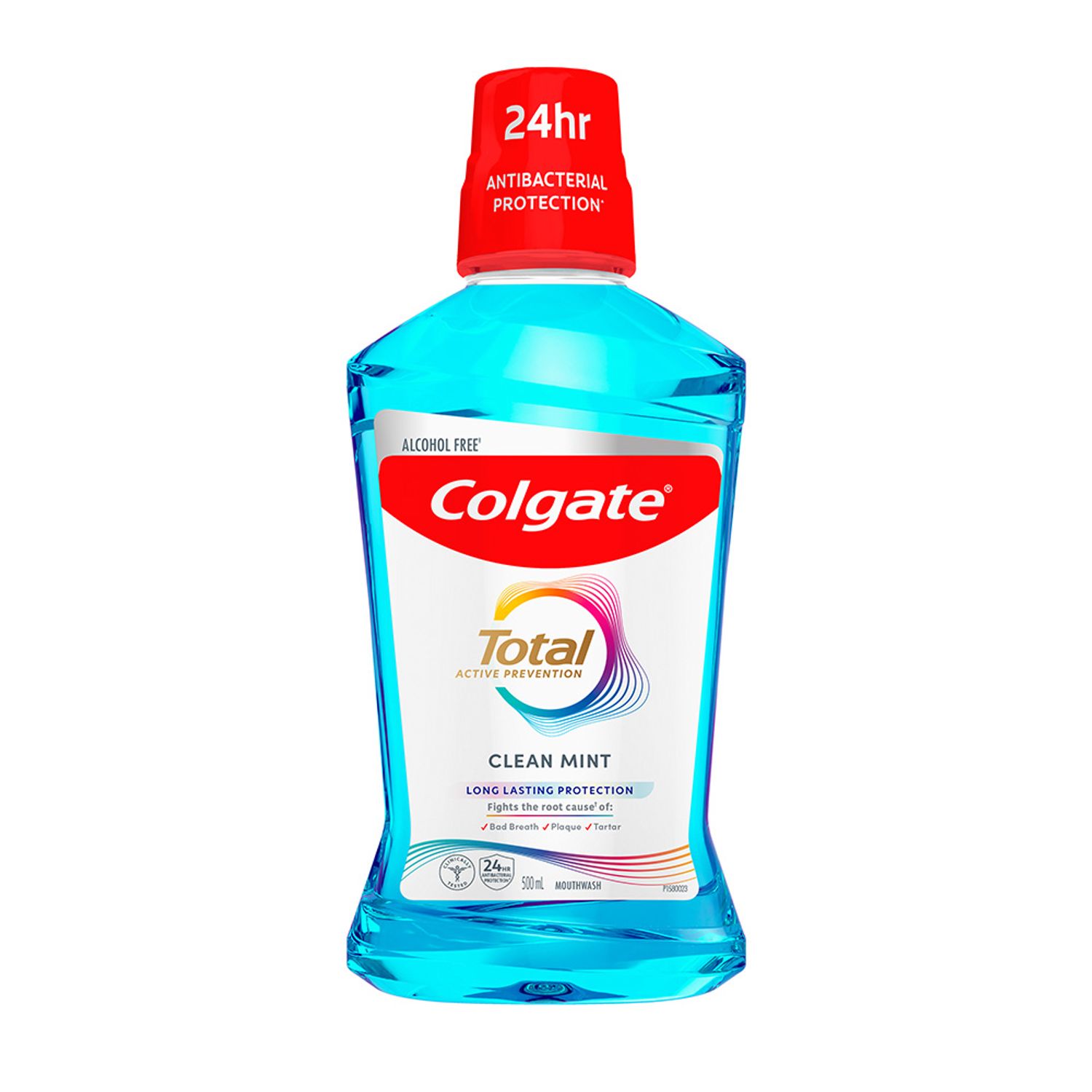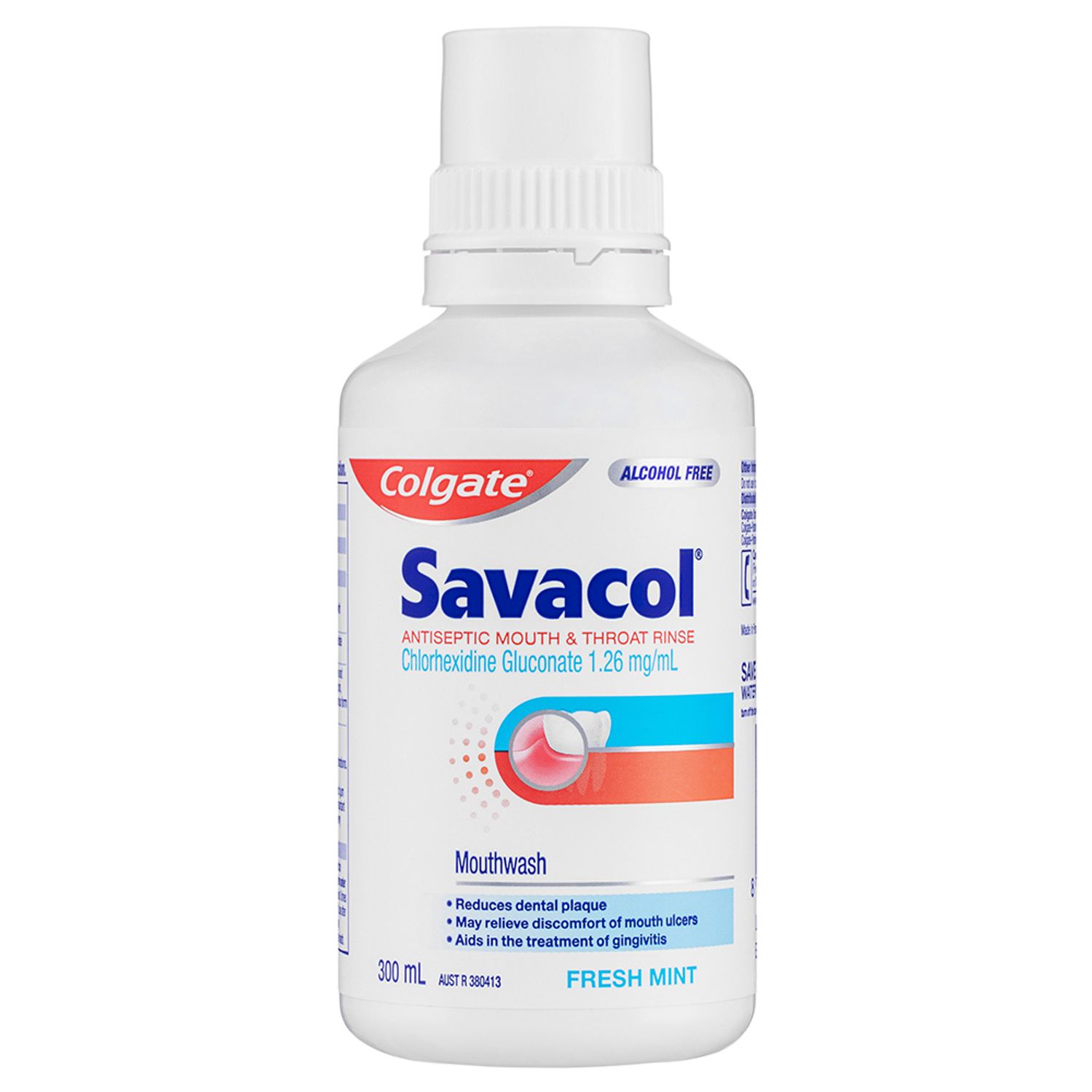-
-

BRUSHING & FLOSSING
How to BrushWhat Is the Right Way to Brush?
Proper brushing takes at least two minutes — that's right, 120 seconds!...

BRUSHING & FLOSSING
How To FlossWhat is the Right Way to Floss?
Proper flossing removes plaque and food particles in places where a toothbrush cannot easily reach... -
Science & Innovation
- Colgate® | Toothpaste, Toothbrushes & Oral Care Resources
- Oral Health
- Dental Implants: A Permanent Tooth Replacement to Consider


One of the most notable technological advances in dentistry has to be the development of dental implants. Prior to their launch, the only options available to people who had lost a tooth were bridges or dentures. Dental implants offer an attractive and comfortable solution for those who have lost a tooth to decay or injury, providing a permanent replacement option that looks and feels like a real tooth.
Advantages of Dental Implants
Because a dental implant feels and looks like a normal tooth, it can do wonders for a patient's self-esteem. Many people who were shy about smiling due to a space from a lost tooth feel perfectly comfortable after a dental implant. Beyond the aesthetics, a dental implant also makes it easier to eat and speak, since a titanium post secured directly in the jaw holds the implant in place. Thus, an implant doesn't come loose like a denture. Dental implants also benefit general oral health since they do not have to be anchored to other teeth, like bridges.
Dental Implant Success Rates
Dental implant success can depend on where the missing teeth are located, but the average success rate is more than 95 percent, according to the American Association of Oral and Maxillofacial Surgeons (AAOMS). Because the implant penetrates the jaw bone and gum, certain people may not be a good fit for the procedure, such as those who smoke or suffer from diabetes. Your dentist will be able to evaluate whether dental implants are right for you.
Caring for a Dental Implant
Good oral health habits are required for the implant to be a success. Teeth must be flossed and brushed and regular dental visits should be made. It should be noted that most insurance companies do not cover the cost of a dental implant, and it can cost between $1000 to $2,000 per tooth and there is an additional cost for the crown that is attached to the dental implant. If you are missing a tooth and believe a dental implant might be the right solution for you, start by consulting your dentist.
Related Articles

Electric or Manual Toothbrushes, which one is better? Learn their differences, considering their effectiveness in dental health and oral hygiene.

Gingivitis is the first stage of gum disease. Knowing the warning signs can help you treat it quickly and prevent more serious issues. Learn more here.

Electric toothbrushes are a fantastic investment into your oral health, especially if you wear braces. Learn about electric toothbrushes for braces in this guide.
This article is intended to promote understanding of and knowledge about general oral health topics. It is not intended to be a substitute for professional advice, diagnosis or treatment. Always seek the advice of your dentist or other qualified healthcare provider with any questions you may have regarding a medical condition or treatment.
Related Products

Helping dental professionals
More professionals across the world trust Colgate. Find resources, products, and information to give your patients a healthier future








